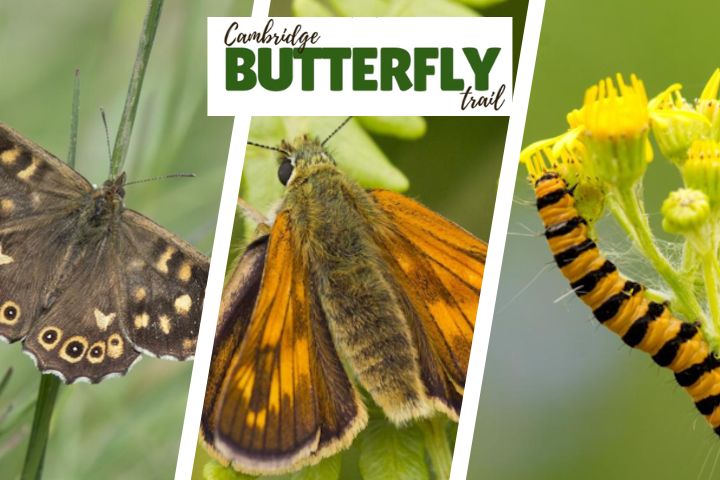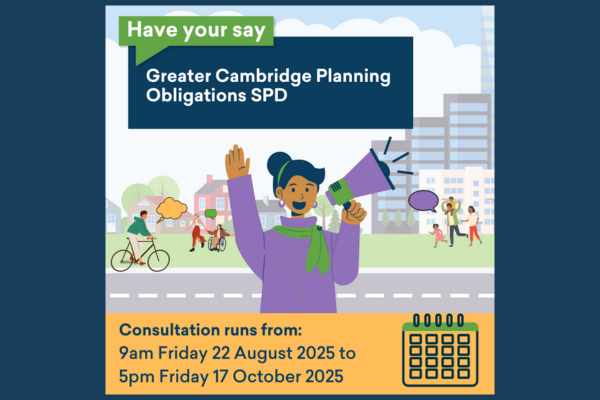Food waste makes up a large proportion (over 30%) of the waste people put in their black bins. But a lot of it can be prevented and the rest can be composted, reducing its environmental impact.
Wasting food feeds climate change. When we throw away food we also waste the valuable resources that went into making it, including water, land and greenhouse gases. We throw away about 710,000 tonnes of potatoes every year. If we could stop that, it would prevent about 330,000 tonnes of CO2 from getting into the atmosphere!
There are lots of easy ways to stop wasting food:
- visit Love Food Hate Waste for tips and advice or follow them on social media
- get your fridge and meals organised with the Kitche app which helps you use things up in time and suggests recipes
- share your surplus food or collect from others using the Olio sharing app
- plan your meals – check your cupboards and fridge and make a list before you shop
- freeze food before it’s past its best
- turn your fridge temperature down to below 5°C to keep foods like milk fresher for longer
- get creative in the kitchen to use up food that you would otherwise waste. Banana bread and bread pudding are two tasty ways to use up leftovers, but there are many more
- buy heavily discounted ‘rescued’ meals from local businesses before they go to waste with the Too Good To Go
- find out more about projects working to prevent food waste in Cambridge, and how you can get involved from Cambridge Sustainable Food
Compost food waste at home
The best way to recycle raw fruit and vegetable waste like peelings or stalks is to set up a compost bin or heap at home. You get compost for your garden and no energy is used to collect or process the waste.
- visit Recycle Now to find out more about composting
Put food waste in your green bin
You can put all food waste, including cooked food, meat, fish, dairy and bones, in your green bin to be composted. You can collect food waste in your kitchen in a lidded container like an ice cream tub, or a kitchen caddy, and then add it to your green bin.
Wrap food waste in newspaper or put it in paper bags before adding it to your green bin – this will help keep flies off it, preventing maggots. Paper liners can be bought from online retailers or some supermarkets. Search online for 'paper caddy liners'.
Please only use 100% paper caddy liners or newspaper. Do not use compostable or biodegradable ‘plastic’ corn-starch bags in the green bins, even if they are EN13432 certified or display the ‘compostable seedling’ logo. They do not compost quickly enough for our fast composting process. This includes brands such as BioBag, or re-used bags from supermarket vegetable or magazine sleeves.
- Find out more about what you can put in your green bin.



